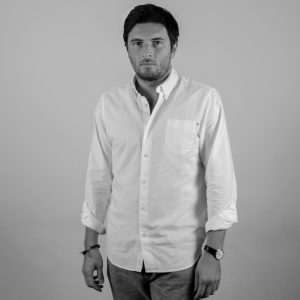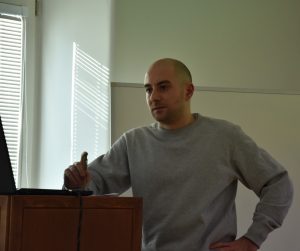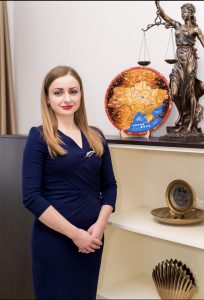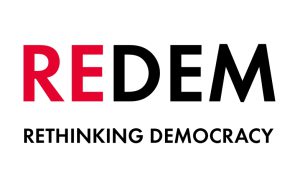Seminar March 3: Silent Dissent: Russian informational co-aggression? Ukraine-related disinformation in Belarusian pro-government Telegram
🎤Alesia Rudnik, PhD, Postdoctoral researcher at Södetrörn University and Maastricht University
📅March 3, 15.15-17.00
🏢Zoom: https://lnkd.in/exWc55gs
Abstract: Based on a qualitative content analysis of 2024 posts from leading pro-government Telegram channels in Belarus, this article examines how these sources spread disinformation about Ukraine. The authors show that such posts were relatively infrequent in 2024, and that their themes shifted in response to developments on the battlefield and changes in the broader international context of the conflict. However, certain false claims and allegations consistently received substantial attention. These include public dissatisfaction with conscription into Ukraine’s armed forces, deceptive and coercive methods of recruitment, declining morale among Ukrainian soldiers, corruption related to the war effort, and allegations of ‘neo-Nazism’ within Ukraine and its military. Although the Belarusian regime is often regarded as a co-aggressor in the Russo–Ukrainian war, little is known about whether and how it actively promotes pro-Kremlin narratives online. This article represents a first attempt to address this gap.

Speaker:
Alesia Rudnik, PhD in political science, defended her thesis “Machinery of Dissent: People and Technology in Protests in Autocracies” in 2025. Now she is a postdoctoral researcher at Södetrörn University and Maastricht University.
Rudnik’s current research project “Negotiating Digital Power: Big Tech, States & Citizens in Democratic versus Autocratic Contexts” is supported by the Swedish Research Council.
Rudnik is also a former director and an acting board member of an independent Belarusian think tank in exile Center for new ideas. Previously, Rudnik led the organization of the Belarusian diaspora in Sweden. She is also a recipient of the Swedish award “European of the Year 2022”.
Currently, she is also a member of the editorial board of Belarus Voices (Ibidem.) and Belarus Analytical Digest.











